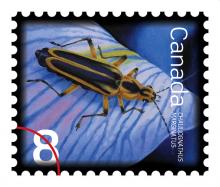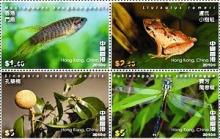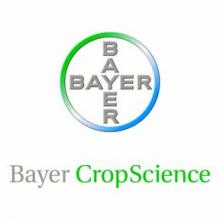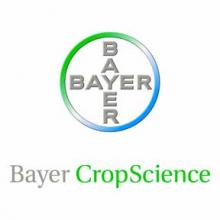Deutschland unterstützt das Vorhaben der Europäischen Kommission, den Schutz der Bienen im Zusammenhang mit der Anwendung von Pflanzenschutzmitteln zu verstärken
Deutschland unterstützt das Vorhaben der Europäischen Kommission, den Schutz der Bienen im Zusammenhang mit der Anwendung von Pflanzenschutzmitteln zu verstärken. "Bienenvölker sind unersetzlich, sie leisten einen wichtigen Beitrag für den Erhalt unserer Ökosysteme. Deutschland hat bereits 2009 sowohl das Beizen von Saatgut mit Neonikotinoiden bei Mais und Getreide als auch die Einfuhr, das Inverkehrbringen und die Aussaat von entsprechendem Saatgut verboten. Um den Schutz der Bienen zu stärken, ist ein europaweit einheitliches Vorgehen auf wissenschaftlicher Basis entscheidend", sagte Bundeslandwirtschaftsministerin Ilse Aigner am Freitag in Berlin. Für die Anwendung von Pflanzenschutzmitteln gelten heute schon EU-weit strenge Zulassungskriterien. Deutschland hatte bereits frühzeitig Maßnahmen ergriffen, um Bienenvölker zu schützen, auch durch Einschränkung der Anwendung von Pflanzenschutzmitteln. In Deutschland werden die Auswirkungen von Pflanzenschutzmitteln auf Bienen zudem bereits bei der Risikobewertung im Rahmen des Zulassungsverfahrens nach EU-einheitlichen Kriterien umfassend geprüft. Im Fokus der aktuellen Debatte stehen sogenannte Neonikotinoide Pflanzenschutzmittel, die auch zur Beizung von Saatgut verwendet werden, um den Befall mit Schädlingen zu bekämpfen und die Anwendung von Spritzmitteln zu reduzieren. Die EU-Kommission müsse jetzt nach den Beratungen in Brüssel einen konkreten Vorschlag vorlegen mit Einzelheiten zum Umgang mit den entsprechenden Neonikotinoiden, der das Gutachten der Europäischen Lebensmittelbehörde (EFSA) und die aktuellen Erkenntnisse in den einzelnen Mitgliedstaaten berücksichtigt, fordert das Bundeslandwirtschaftsministerium.










